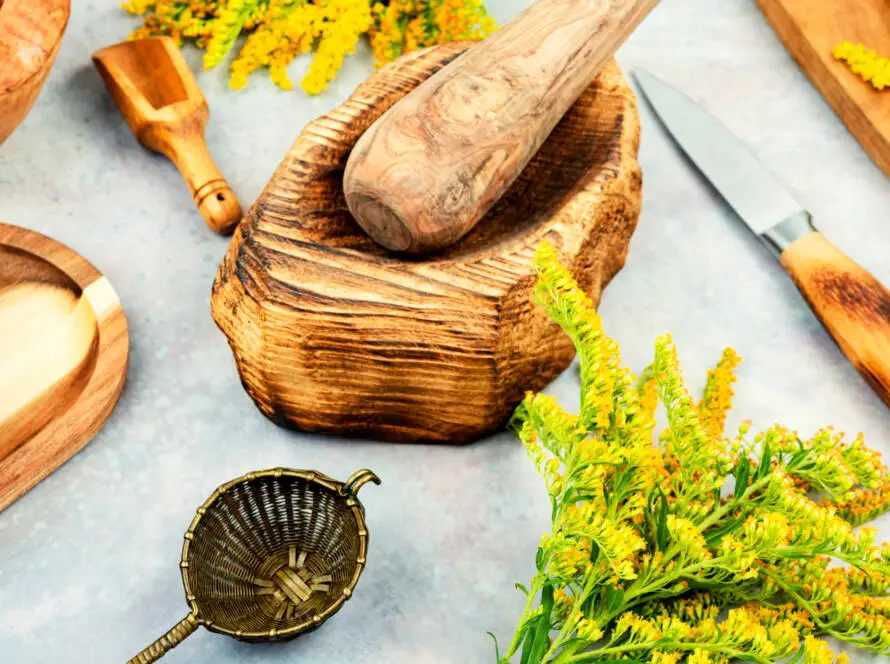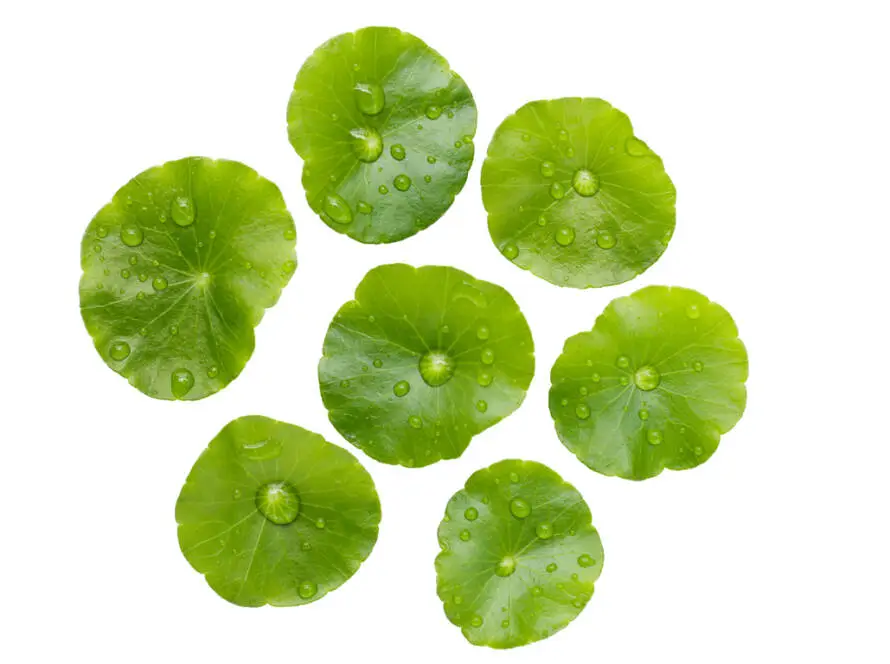Yarrow
Introduction
Yarrow (Achillea millefolium) is a plant native to Europe and Asia, now naturalized in North America. Its use in food and medicine dates back to ancient times, including the Trojan War around 1200 BC. According to legend, Achilles used yarrow based on advice from a Centaur, leading to its historical name “herba militaris” for its ability to stop bleeding from wounds. Yarrow leaves have been used in teas, salads, and cosmetic cleansers. The plant has therapeutic applications as a “strengthening bitter tonic” and astringent, and fresh leaves have been suggested for relieving toothaches. Yarrow oil is also used in shampoos for its topical healing effects.
Common Names
- Yarrow
- Thousand-Leaf
- Mil Foil
- Green Arrow
- Wound Wort
- Nosebleed Plant
Latin Name
- Achillea millefolium
Uses
Yarrow has been traditionally used for:
- Inducing sweating and stopping wound bleeding
- Reducing heavy menstrual bleeding and pain
- Relieving gastrointestinal ailments
- Addressing cerebral and coronary thromboses
- Lowering high blood pressure and improving circulation
- Toning varicose veins
- Exhibiting antimicrobial properties
- Flavoring food and beverages, including alcoholic drinks and bitters
Application
Recommended adult doses for yarrow include:
- Dried Herb: 2 to 4 grams in infusion or capsules, three times a day
- Extract (1:1, 25% ethanol): 1 to 4 mL, three times a day
- Tincture (1:5; 40% ethanol): 2 to 4 mL, three times a day
- Yarrow Flowers: 3 grams a day as an infusion or tea
Scientific Insights
Current research reveals no clinical data supporting using yarrow for any specific condition.
Side Effects and Cautions
- The volatile oil of yarrow should be avoided during pregnancy.
Sources
- Information was accessed from Drugs.com and Wikipedia.
This summary highlights the key aspects of yarrow, including its uses, applications, and potential cautions.
Disclaimer
The information I’ve shared about herbs is for educational purposes only and is not meant as medical advice. While many herbs have been traditionally used for their potential health benefits, individual responses may vary, and the effectiveness of herbs can depend on various factors, including personal health conditions and interactions with medications. It is essential to consult with a qualified healthcare professional or a licensed herbalist before using herbs for medicinal purposes or making significant changes to your health regimen. This information should not be considered a substitute for professional medical advice, diagnosis, or treatment.


